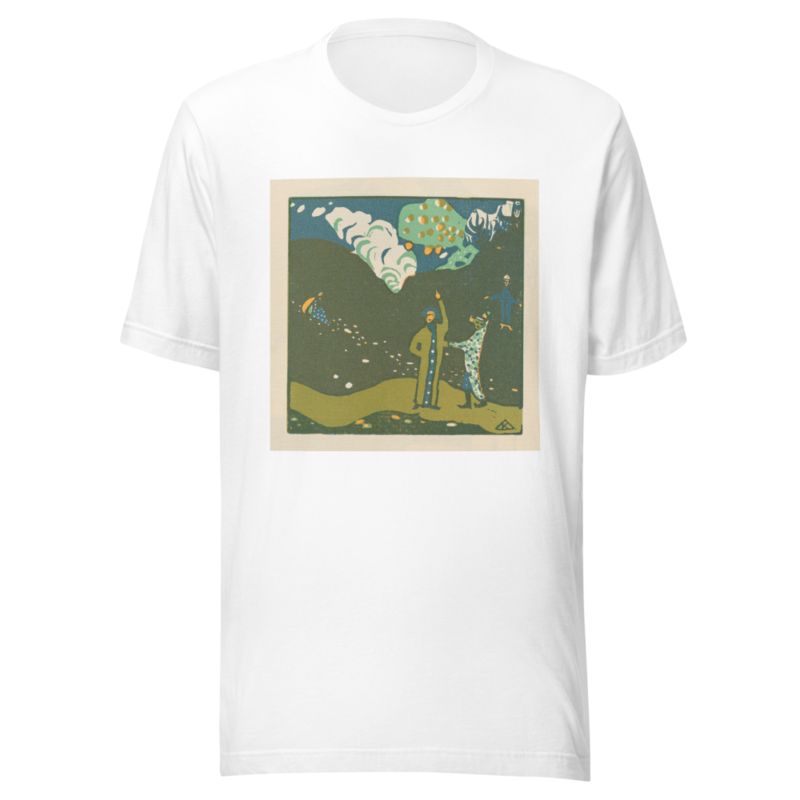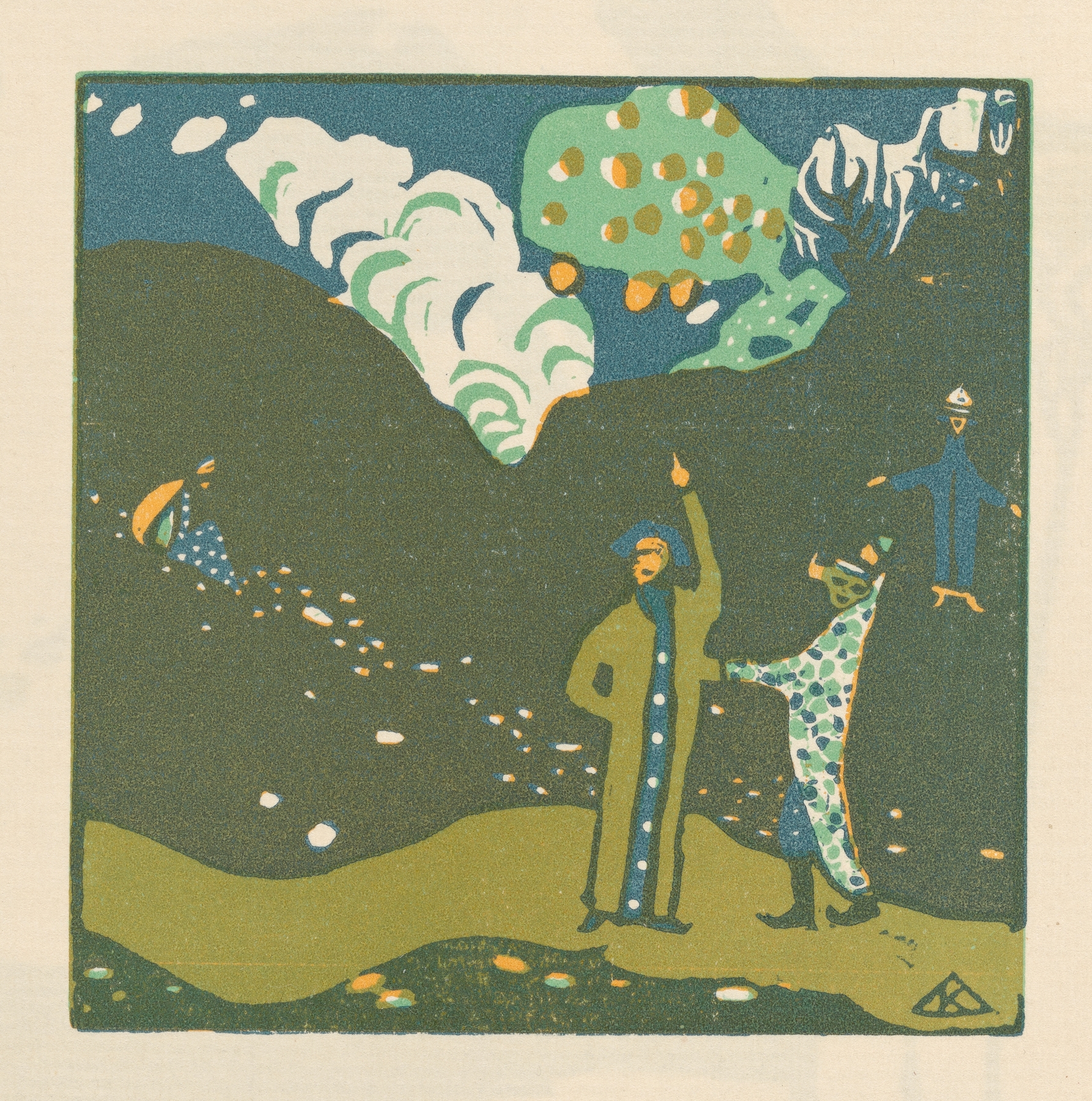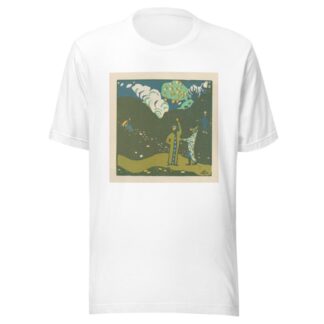Description
Klänge Pl.23 by Wassily Kandinsky printed on a T-Shirt
About the T-Shirt
Regular fit
Standard length, the fabric easily gives into movement
Casual wear
A classic, everyday option loved by our customers
Side-seamed
Constructed by sewing two parts together, creating a fitted look
The Unisex Staple T-Shirt feels soft and light with just the right amount of stretch. It’s comfortable and flattering for all. We can’t compliment this shirt enough–it’s one of our crowd favorites, and it’s sure to be your next favorite too!
- Solid colors are 100% Airlume combed and ring-spun cotton
- Ash color is 99% combed and ring-spun cotton, 1% polyester
- Heather colors are 52% combed and ring-spun cotton, 48% polyester
- Athletic and Black Heather are 90% combed and ring-spun cotton, 10% polyester
- Heather Prism colors are 99% combed and ring-spun cotton, 1% polyester
- Fabric weight: 4.2 oz./yd.² (142 g/m²)
- Pre-shrunk fabric
- 30 singles
- Side-seamed construction
- Tear-away label
- Shoulder-to-shoulder taping
- Blank product sourced from Nicaragua, Mexico, Honduras, or the US
Wassily Kandinsky (1866 – 1944)
Wassily Wassilyevich Kandinsky was a Russian painter and art theorist. Kandinsky is generally credited as the pioneer of abstract art. Born in Moscow, Kandinsky spent his childhood in Odessa (today Ukraine), where he graduated at Grekov Odessa Art school. He enrolled at the University of Moscow, studying law and economics. Successful in his profession—he was offered a professorship (chair of Roman Law) at the University of Dorpat (today Tartu, Estonia)—Kandinsky began painting studies (life-drawing, sketching and anatomy) at the age of 30.
In 1896, Kandinsky settled in Munich, studying first at Anton Ažbe’s private school and then at the Academy of Fine Arts. He returned to Moscow in 1914, after the outbreak of World War I. Following the Russian Revolution, Kandinsky “became an insider in the cultural administration of Anatoly Lunacharsky” and helped establish the Museum of the Culture of Painting. However, by then “his spiritual outlook… was foreign to the argumentative materialism of Soviet society”, and opportunities beckoned in Germany, to which he returned in 1920. There he taught at the Bauhaus school of art and architecture from 1922 until the Nazis closed it in 1933. He then moved to France, where he lived for the rest of his life, becoming a French citizen in 1939 and producing some of his most prominent art. He died in Neuilly-sur-Seine in 1944.






Reviews
There are no reviews yet.